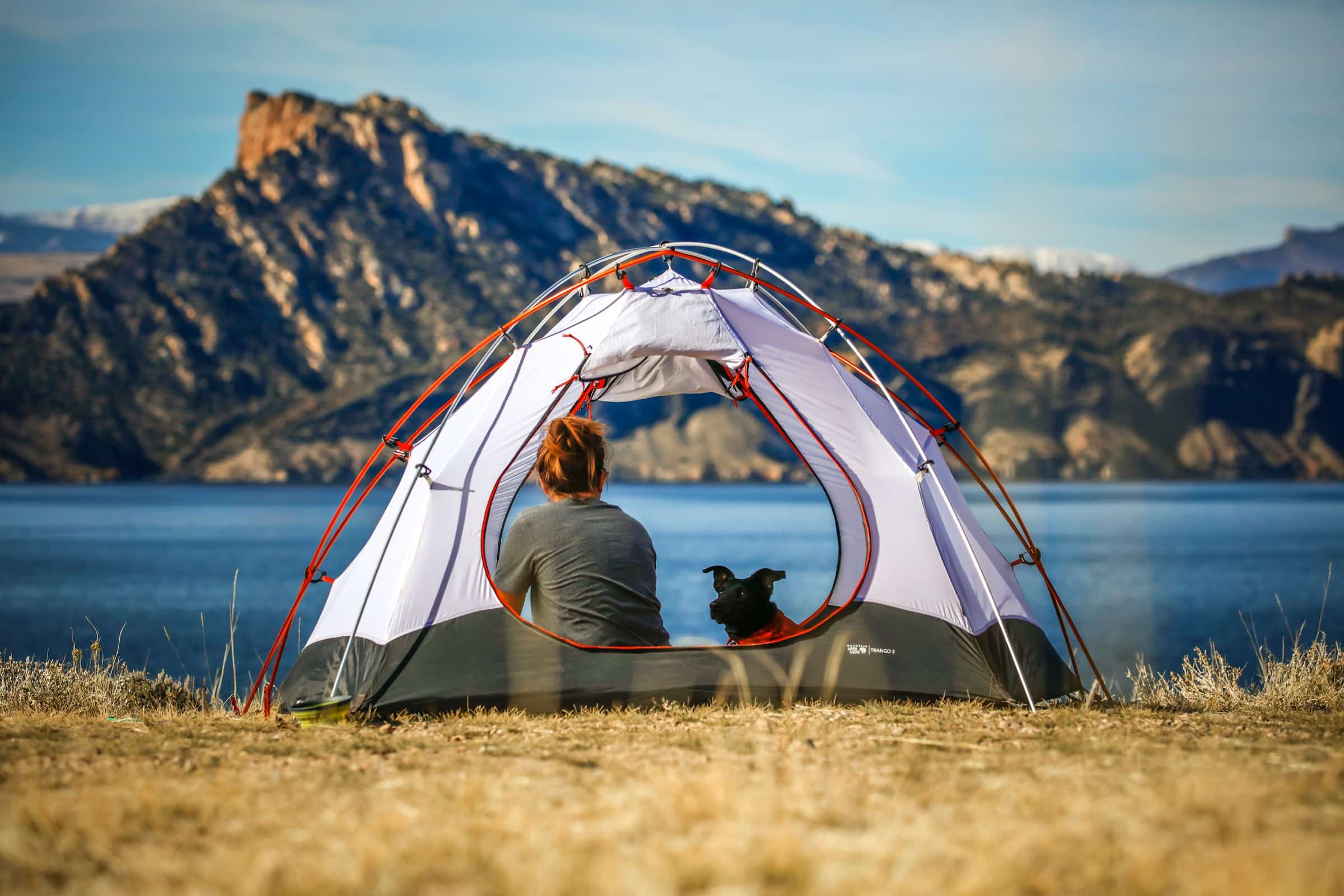Can you camp on private land in the UK with the owner's permission?

The scent of morning dew on the grass, the quiet whispers of nature at night, the excitement of setting up a tent, and the thrill of sleeping under the open sky – there's something irresistibly alluring about wild camping. While camping in the wild offers a one-of-a-kind experience, it’s essential to know the laws and access rights in the region you are planning to camp. If you're considering camping in the UK, whether in Scotland, England, or Wales, it's important to understand the legalities involved. This article will provide detailed information about camping on private land in the UK with the owner's permission.
Understanding Camping Laws in Scotland
Scotland is an ideal destination for wild camping enthusiasts. Its vast and beautiful landscapes make it a dream come true for those seeking a retreat in nature. However, before setting up your tent or parking your campervan, you should be familiar with the local laws.
A découvrir également : What are the rules and etiquette for sound levels at UK campsites?
The Land Reform (Scotland) Act 2003 gives everyone rights of access to most land and inland water in Scotland, whether it's private or public. These rights, often referred to as the ‘right to roam,’ apply to camping as well. However, it's crucial to camp responsibly by following the Scottish Outdoor Access Code.
The code encourages you to avoid causing problems for local people and land managers, to protect the environment, and to keep your campsite small and discreet if you're staying for more than two or three nights.
En parallèle : What privacy measures can you take when showering at communal UK campsite facilities?
Camping Regulations in England and Wales
Unlike Scotland, England and Wales have different laws about wild camping. It's generally not legal to camp on private land without the owner's permission. If you're found camping without consent, you could potentially be convicted for trespassing.
However, wild camping is often tolerated in many upland areas, such as the Lake District or Dartmoor National Park, if done responsibly. If you're planning to camp in these areas, it's still advisable to seek permission from the local landowner to avoid any legal issues.
In England and Wales, if you wish to camp on private land, you need the landowner's explicit permission. This might involve contacting the landowner beforehand and possibly paying a small fee for the privilege of camping overnight.
The Importance of Gaining Permission for Camping
While it may feel adventurous to set up camp in the wild, it's imperative to consider the legal aspects. Gaining permission to camp on private land is not only respectful but also ensures that you’re abiding by the law.
Engaging with landowners before your camping trip provides an opportunity to understand any specific rules or concerns they may have about their land. They might guide you on the best spots to camp, inform you about any potential hazards, or advise on how to minimise your impact on the local environment.
When you camp with permission, you will also have peace of mind knowing that your campsite is legal and secure. It reduces the risk of being asked to move in the middle of the night and allows you to truly relax and enjoy your camping experience.
Considerations When Camping on Private Land with Permission
If you've managed to gain permission from a landowner to camp on their private land, there are few considerations to keep in mind to make the experience pleasant for both parties.
Respect the landowner's property as you would your own. Leave no trace of your stay behind, taking all litter with you and causing no damage to the land. If you're planning to have an open fire, ask the owner in advance, and follow any fire restrictions they may have.
Also, keep noise to a minimum, especially during the night, to avoid disturbing the landowner and any local wildlife. If you’re camping with a dog, make sure it's under control and doesn’t disturb livestock or local wildlife.
The beauty of camping lies in its simplicity and the chance to connect with nature. By respecting the laws and the environment, we can ensure that these wild spaces remain unspoiled for future generations to enjoy.
Remember, when you're setting out for a camping adventure, it's not just about finding the perfect spot to set up your tent or park your campervan. It's about respecting and preserving the land that hosts you for the night. So, the next time you're planning a camping trip in the UK, ensure you check the local laws, get necessary permissions, and camp responsibly.
Overnight Parking and Camping in Motorhomes and Campervans
If you're planning a camping trip in a motorhome or campervan, there are additional considerations to keep in mind. The laws and regulations regarding overnight parking and camping in a motorhome or campervan vary across UK regions, so you must understand the rules of your camping destination.
In Scotland, the Land Reform Act and the Scottish Outdoor Access Code also apply to motorhomes and campervans. It is legal to park overnight in most locations, provided you adhere to the Access Code's principles and respect the environment and local community.
In England and Wales, the rules are distinct. Overnight camping in a motorhome or campervan is not automatically allowed even if wild camping is tolerated. Some national parks, such as the Lake District, offer designated overnight parking areas.
However, in most cases, you'll need permission from the landowner or authority in charge of common land or car parks. When obtaining permission, inquire about any restrictions such as the maximum number of nights you can stay or if there are specific areas designated for motorhome and campervan overnight parking.
Northern Ireland has its regulations, and wild camping in a motorhome or campervan is generally not allowed. Always check with local authorities or landowners before setting up camp for the night.
Wild Camping in National Parks
National Parks in the UK, such as the Lake District and Dartmoor, are popular destinations for wild camping enthusiasts. However, each park may have its regulations, and it's crucial to familiarize yourself with these rules before embarking on your journey.
In Scotland, while the right to roam is generally respected, some of the busiest areas have restrictions to protect the local environment. For example, in certain parts of Loch Lomond and The Trossachs National Park, camping requires a permit.
In England and Wales, wild camping in national parks is allowed under specific conditions. Dartmoor, for instance, is one of the few places where you can wild camp legally without the need for permission from the landowner. However, campers are asked to follow the 'leave no trace' policy and to pitch their tents at least 100m from the road or track.
Remember, the key to enjoying a wild camping experience in the UK is respect. Respect for the law, for private land, for the environment, and for the local communities that call these places home.
Conclusion
To conclude, the thrill of wild camping and sleeping under the stars in the UK is an experience second to none. However, it's vital to follow the rules and regulations in place to preserve the land for future generations.
The Land Reform Act in Scotland provides the ‘right to roam,’ but it’s crucial to follow the Scottish Outdoor Access Code. In England and Wales, you must seek permission from the landowner to camp on private land. When camping in a motorhome or campervan, overnight parking regulations should be adhered to, and when wild camping in national parks, specific rules may apply.
The beauty of the UK's great outdoors is there for all of us to enjoy. By camping responsibly, respecting the environment, and getting permission from landowners, we can help ensure these wonderful wild spaces remain unspoiled for everyone to experience. Enjoy your camping adventure!
